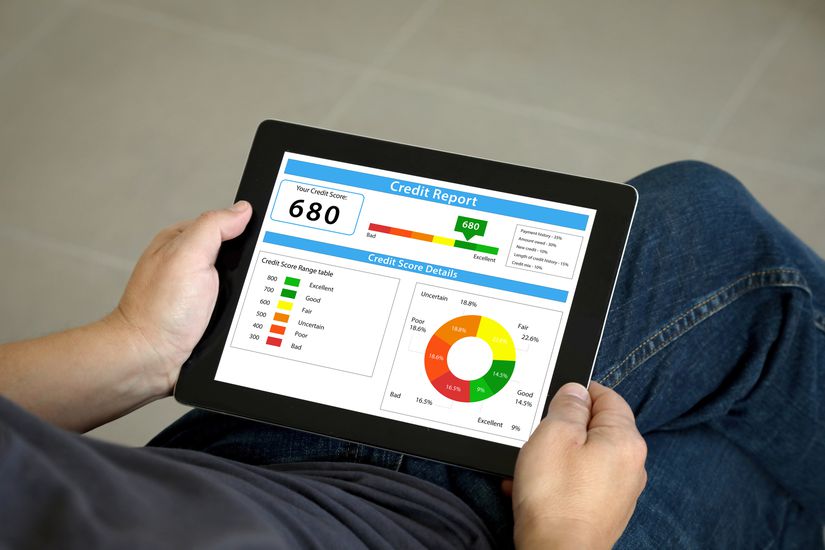Debt Dilemmas
Dealing with debt collectors can be intimidating. It is important to understand the rights of both debtors and collectors in order to effectively handle any collection attempts or communication from debt collectors. Knowing how to protect yourself and what you need to do if contacted by a collector can go a long way towards alleviating the stress and anxiety that can come with dealing with debt collectors.
Sponsored: Find a Qualified Financial Advisor
Finding a qualified financial advisor doesn't have to be hard. SmartAsset's free tool matches you with up to three fiduciary financial advisors in your area in five minutes.
Each advisor has been vetted by SmartAsset and is held to a fiduciary standard to act in your best interests. If you're ready to be matched with local advisors that can help you achieve your financial goals, get started now.







































